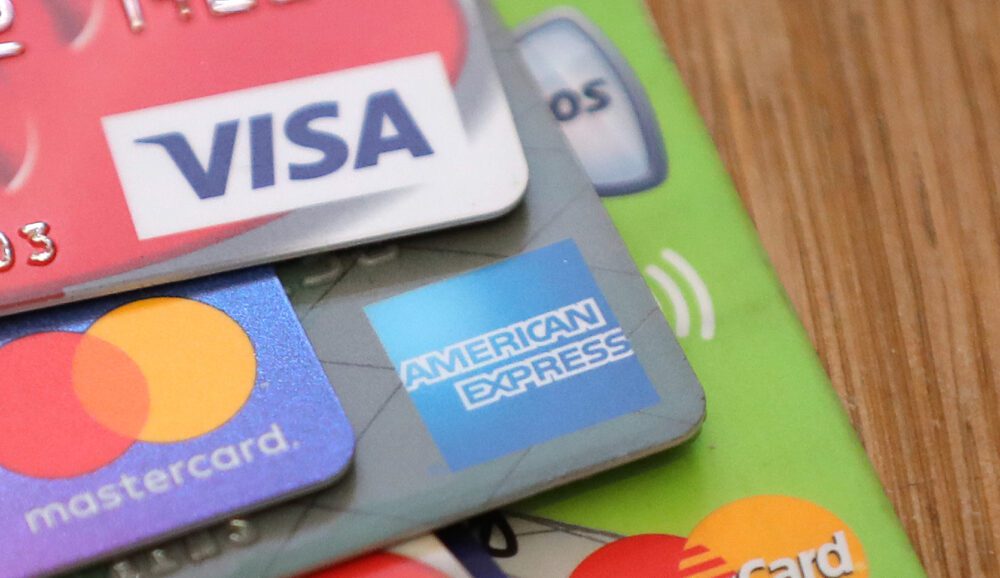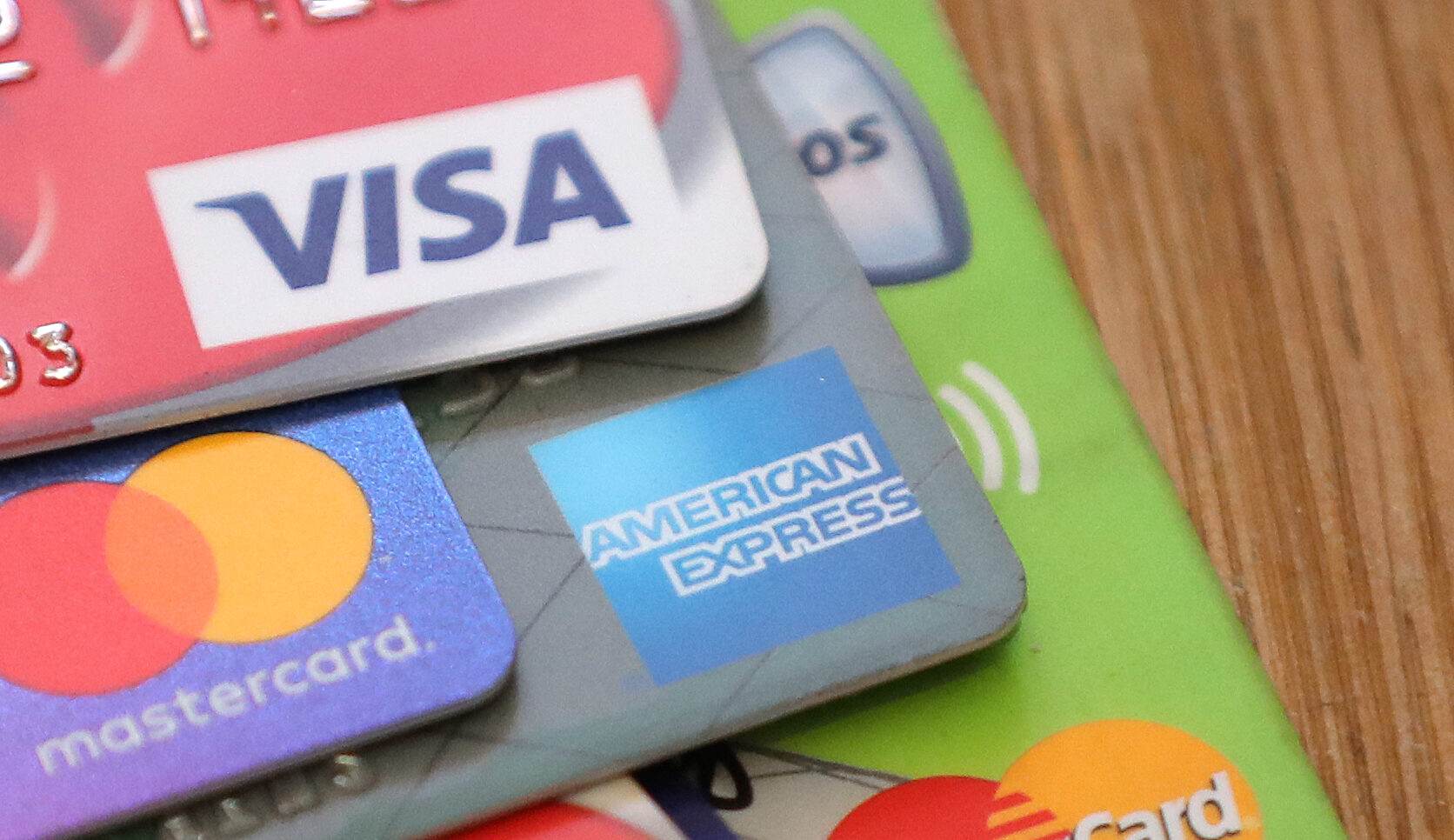Card payments accounted for more than £4 in every £5 spent in 2020, British Retail Consortium (BRC) figures show.
Debit and credit card transactions accounted for 81% of the value of spending last year, up from 78% in 2019.

Debit cards accounted for over half (54%) of all transactions by volume for the first time.
The impact of the coronavirus pandemic and the longer term shift towards digital transactions meant cash accounted for just 15% of the value of total spending in retail, down from 20% in 2019.
People also tend to be making fewer shopping trips but buying more when they do make purchases.
The total number of transactions fell by 13% last year, from 19.1 billion in 2019 to 16.7 billion in 2020.
But consumers spent 20% more per transaction on average. The average transaction value increased from £20.16 in 2019 to £24.15 in 2020.
Retailers spent £1.3 billion just to accept card payments from customers in 2020, the BRC said.
Amid a backdrop of mounting costs from coronavirus, Brexit, global supply chain disruption and rising commodity prices, card fees add further cost pressures to retailers, the BRC said.
Equating to £46 per household per year, these additional costs can translate into higher prices for consumers, it warned.
The findings were released as households face a range of financial pressures on their wallets, including surging energy costs.
Andrew Cregan, BRC payments policy adviser said: “The pandemic has accelerated the trend towards card payments, with more than four in every five pounds spent in retail now made with credit or debit cards.
“Basket sizes also rose, as customers made bigger, but fewer purchases. While cash use has declined in importance, it remains vital for many people who do not have access to other payment methods.”
















